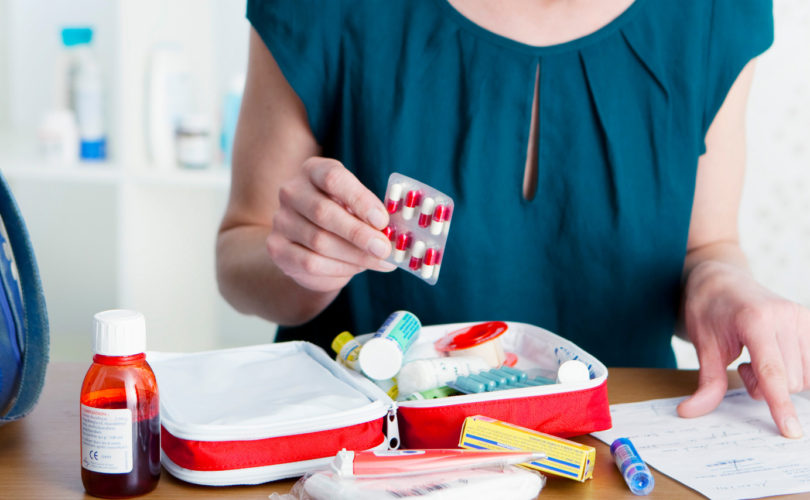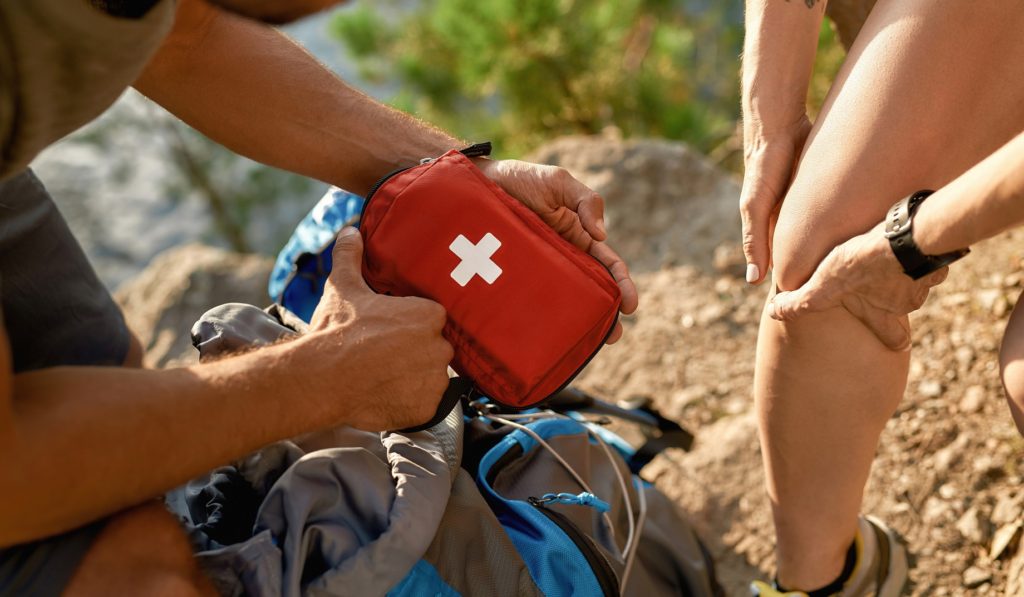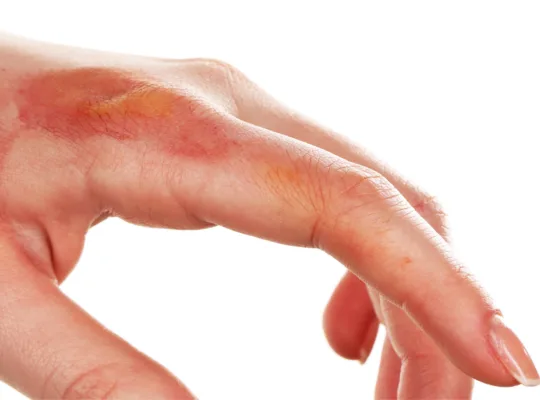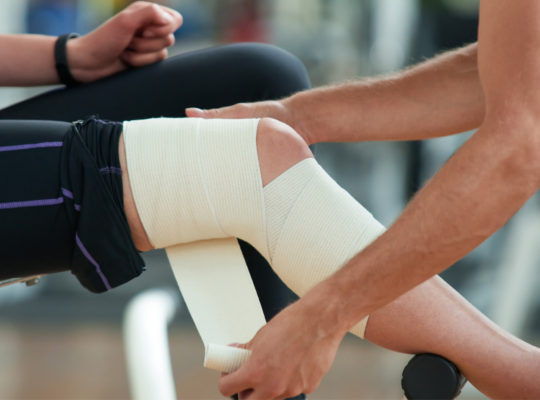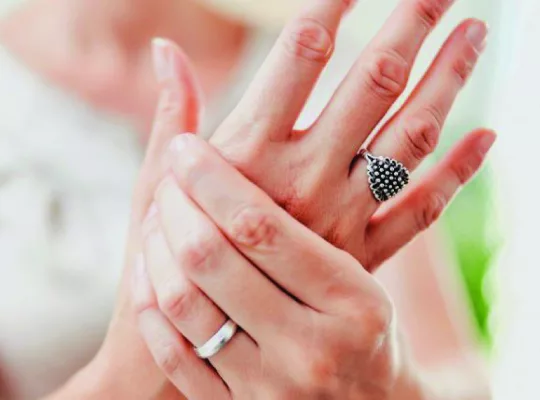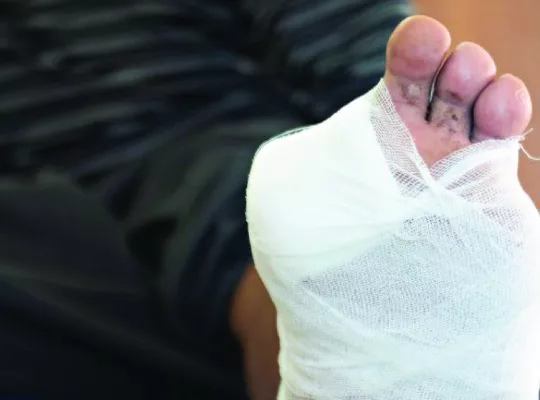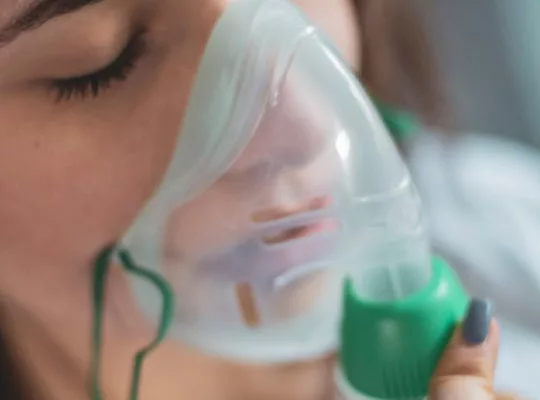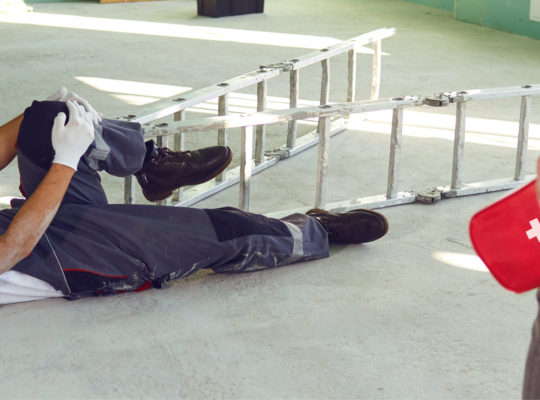Step 1: Why Build Your Own First Aid Kit?
Having a well-stocked first aid kit is essential for handling minor injuries and medical emergencies. While pre-made kits are available, some people choose to build a first aid kit themselves to customize it for their needs. Whether you’re assembling a kit for a hiking trip, workplace, or home use, this guide will walk you through everything you need to create a fully stocked and effective first aid kit.
By the end, you’ll also see why eFirstAidSupplies’ pre-made kits offer a faster, more cost-effective solution without the hassle of sourcing individual supplies.
Step 2: Choosing the Right First Aid Kit Case
Before stocking your kit, you’ll need a container that keeps supplies organized and protected.
| Type of Case | Best For | Pros | Cons |
|---|---|---|---|
| Soft-Sided Bag | Travel, hiking trips | Lightweight, flexible, easy to pack | Less protection from moisture & impact |
| Hard Plastic Case | Home, workplace, vehicle | Durable, waterproof, protects supplies | Bulkier, less portable |
| Metal Case | Industrial settings, wall-mounted use | Extremely durable, protects from damage | Heavier than plastic options |
💡 Tip: ANSI requires that workplace first aid kits be “weather-resistant and clearly labeled.”
Step 3: Essential Supplies for a First Aid Kit
To build a complete first aid kit, you’ll need to cover wound care, medications, tools, and emergency supplies.
| Category | Essential Items | Purpose |
|---|---|---|
| Wound Care | Bandages, gauze pads, antiseptic wipes, medical tape | Treat cuts, scrapes, and minor wounds |
| Injury & Trauma | Cold packs, roller bandages, splints | Reduce swelling and support fractures |
| Medical Tools | Tweezers, scissors, gloves, digital thermometer | Aid in wound care and emergency response |
| Medications | Pain relief, antihistamines, burn cream | Treat minor pain, allergic reactions, burns |
| Emergency Gear | CPR mask, emergency blanket | Assist in life-saving situations |
💡 Tip: Consider your specific needs—a workplace kit requires OSHA compliance, while a sports kit might need medical sports tape.
Step 4: Sourcing First Aid Supplies
Once you’ve planned your kit, it’s time to gather supplies. Here’s where building a kit yourself can become time-consuming and costly. If you already have a first aid kit, a medical refill kit can be a convenient way to replenish expired or used supplies without starting from scratch.
- Buying individually means higher prices—bulk discounts are only available for businesses.
- Tracking expiration dates on medications and antiseptics requires constant maintenance.
- Verifying ANSI/OSHA compliance for workplaces adds extra research and effort.
For example, a 24-person plastic first aid kit must meet strict standards, which can be difficult to achieve when assembling a kit from scratch.
Step 5: The Smarter Alternative—Pre-Made First Aid Kits
Now that you know how to build a first aid kit, you might be wondering: Is it worth the effort?
At eFirstAidSupplies, we manufacture 108 different pre-made first aid kits, including:
✔ ANSI & OSHA Compliant Workplace Kits – Ready-to-use, professionally packed for businesses.
✔ Survival & Emergency Kits – Designed for disaster preparedness and outdoor safety.
✔ Medical & Trauma Kits – Ideal for EMTs, sports teams, and first responders.
✔ Home & Personal Kits – Compact, affordable, and easy to store.
✔ Custom First Aid Kits – Built to your exact specifications.
How Buying a Pre-Made Kit Saves You Time & Money
| Factor | Build Your Own Kit | Buy a Pre-Made Kit |
|---|---|---|
| Cost | More expensive for small quantities | Bulk purchasing keeps costs low |
| Convenience | Requires research, sourcing, and assembling supplies | Ready to use immediately |
| Customization | Requires manually choosing every item | Custom First Aid Kits available |
| Compliance | Must verify ANSI & OSHA standards yourself | Certified & workplace-ready |
💡 Bottom Line: While building a kit may seem like a good idea, buying a pre-made first aid kit saves time, money, and effort—especially when compliance is required.
Final Thoughts
If you’re serious about building a first aid kit, you now have all the information you need. Whether you need a home first aid kit for personal use or a compliant kit for your workplace, having the right supplies on hand is crucial. But if you want a faster, easier, and more cost-effective solution, let eFirstAidSupplies do the work for you.
✔ Professionally packed first aid kits designed for every need
✔ ANSI & OSHA-compliant options for workplaces
✔ Customizable kits tailored to your specific requirements
👉 Skip the hassle and shop our ready-to-use first aid kits today!

